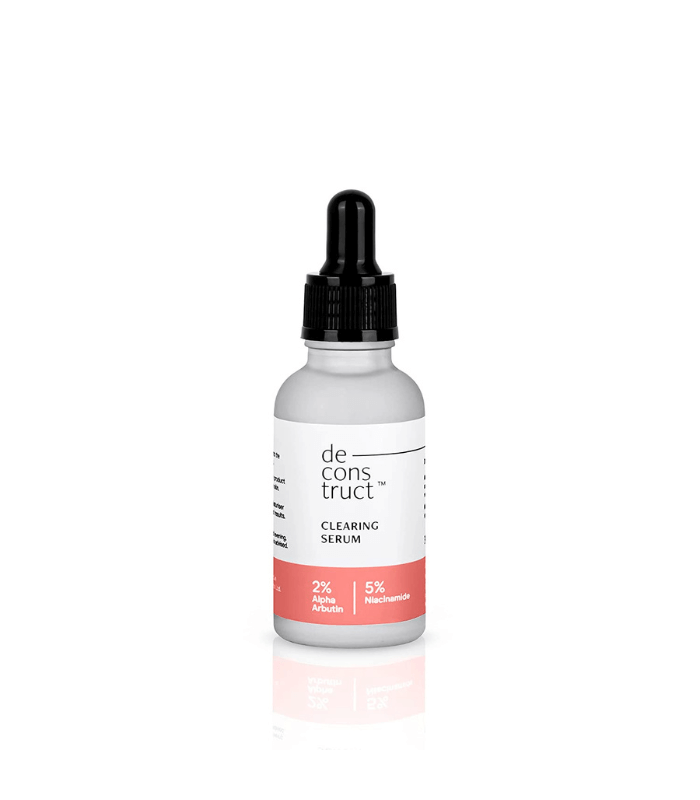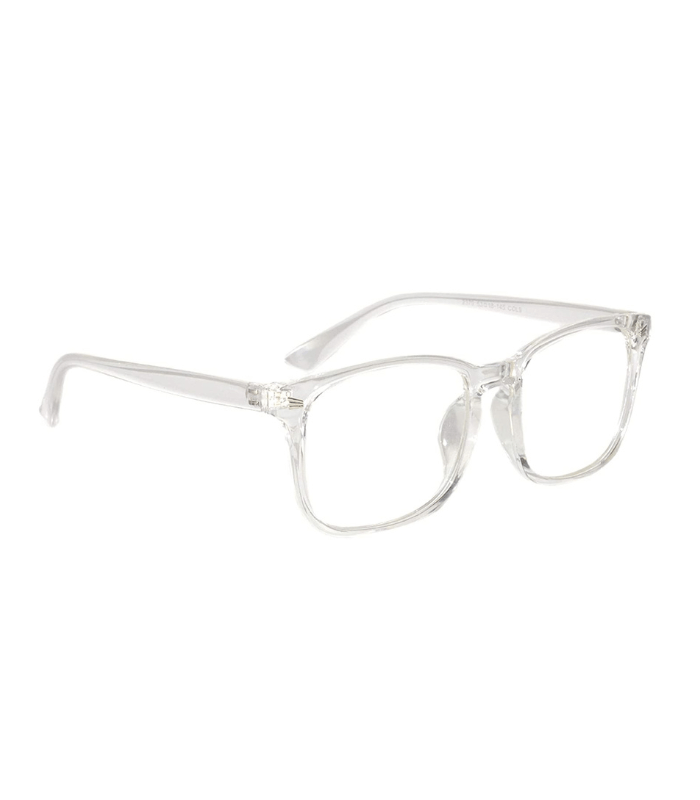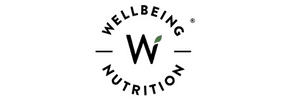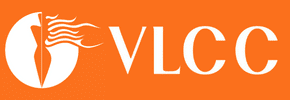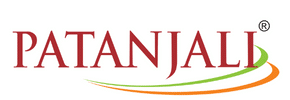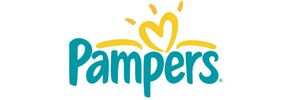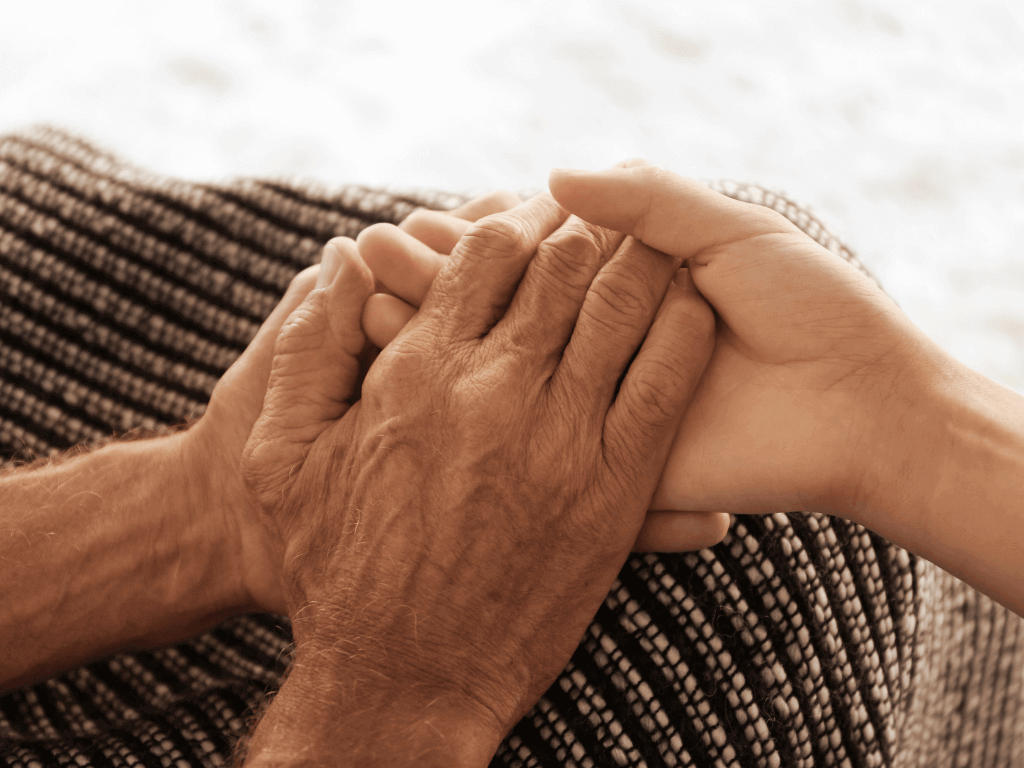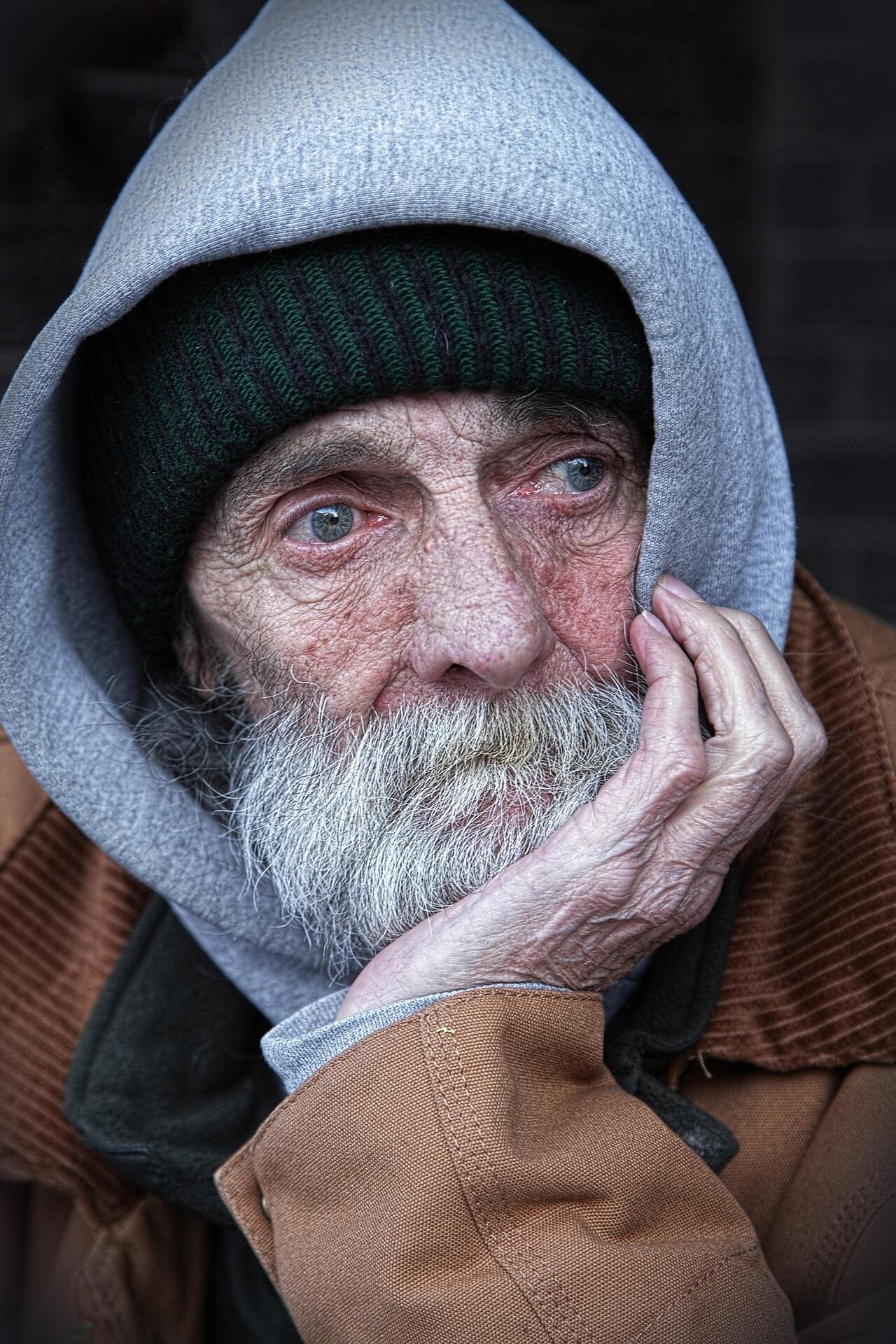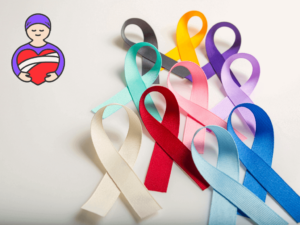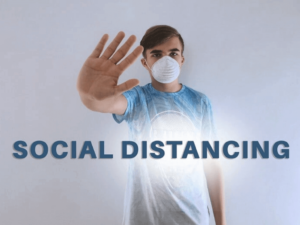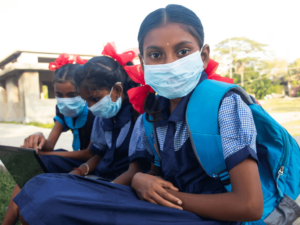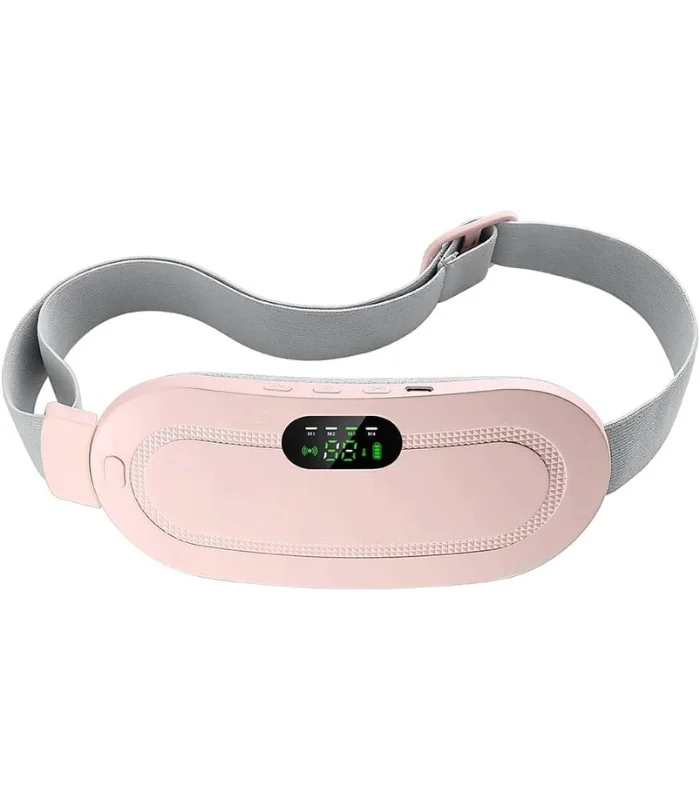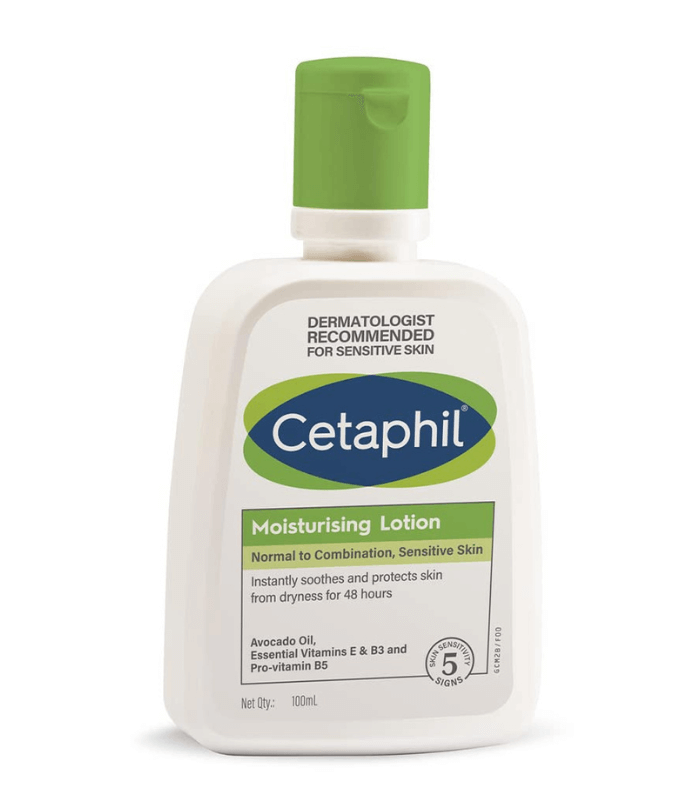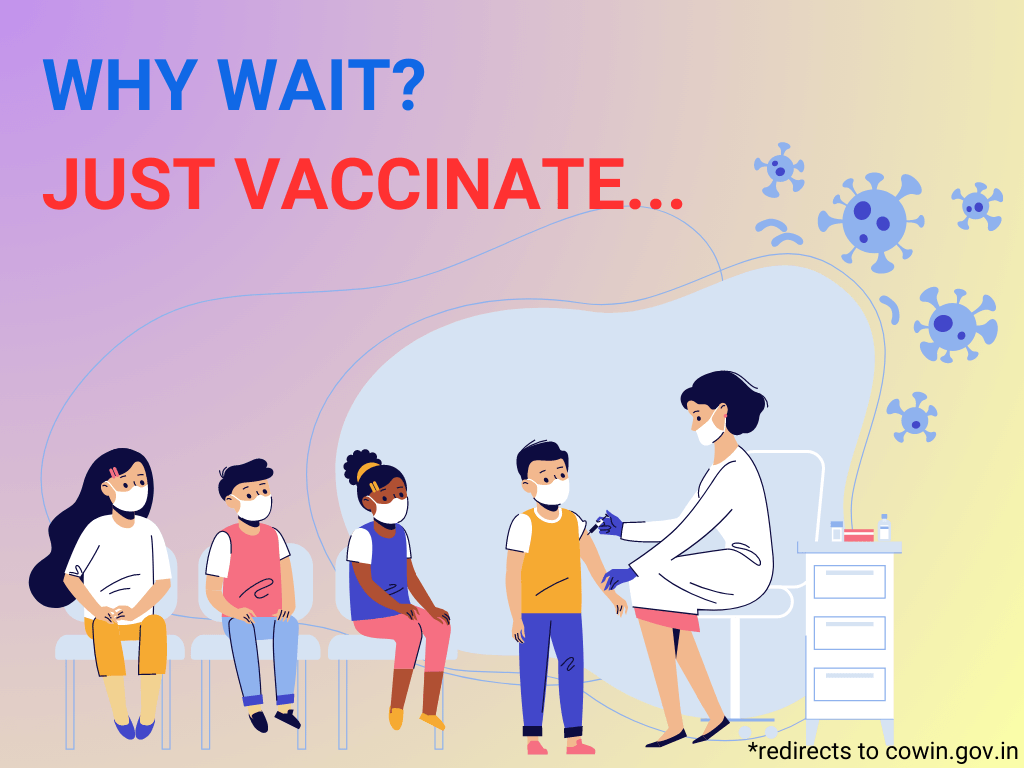"Wrinkles should merely indicate where smiles have been"
Getting older and wiser is cool, but with age, a lot of health issues develop. Well, it’s not a very big deal nowadays. The wrinkles on the face won’t be a hint to your deteriorating health anymore. With emerging technologies health care services have adapted new avenues to cater to the ageing issues, thereby creating the new domain of age-friendly health care. But before we discuss how the current COVID-19 pandemic has affected the age friendly healthcare systems, let us first understand what age friendly healthcare systems are and what they entail.
What makes a health system age friendly?
A health system is called age friendly when it is carefully designed by experts in respective fields in order to co-ordinate all the care a patient needs as their age progresses. Each and every requirement and need of the patient is fulfilled keeping in mind the personal values and preferences of the patient. It is a system that is dedicated specifically to provide older adults the best care possible and ensuring the highest level of satisfaction. It is designed to tackle the problems and difficulties that are statistically more probable to affect older patients than younger patients.
What makes age friendly health care system so unique?
The 4M’s of the geriatric healthcare as listed by the experts in the field of geriatric medicine and health makes the possibility of providing the best care to the patient a real one; they are also what make age friendly healthcare unique.
The 4M’s are
- It is the duty of the caregivers to know what Matters to the patient when it comes to making decisions regarding their health.
- The healthcare professionals are charged with reviewing, reducing, removing the unnecessary medications that may cause more harm to the patient than good.
- Special importance must be given to caring for the Mind (or Mentation) in order to address disorders like Alzheimer’s, dementia, etc.
- Promoting Mobility i.e. the ability of the patients to move freely on their own.
Recently, a fifth M was added which was attention to Multi-complexity which is the need for managing multiple health conditions at the same time.
What is the need for age friendly healthcare system?
Age friendly healthcare system was an initiative started by The John A. Hartford Foundation and the Institute for Healthcare Improvement (IHI), in partnership with the American Hospital Association (AHA) and the Catholic Health Association of the United States (CHA). The initiative was started keeping in mind the increasing population aged over 65+ years all over the world. According to the US Census Bureau, the US population above the age of 65 years is expected to double in the next 30 years. According to a 2016 report by the Ministry for Statistics and Program Implementation, India has 103.9 million people over the age of 60 which is 8.5% of the population.
The demographic shift towards an increase in the geriatric patients indicates the need for a system that is dedicated towards providing the best care to the patients. Age friendly healthcare is a highly cost effective and efficient system.
What is the impact of COVID-19 on age friendly healthcare?
The ability of medical care providers to treat older patients has been severely hindered during this pandemic. Following are the broad impacts of the virus on the elderly patients:
Threat to life
The cases of the novel coronavirus more prevalent in people with weakened immune systems due to pre-existing chronic conditions which puts the older population of the society at higher risk than the rest of the population. There is a risk to their life as recovery in older adults is slower and more complex.
Lack of access to healthcare
With the ability of older patients to go out and drive to their nearest hospital or clinic completely hindered or at least majorly diminished, the medical appointments and regular check-ups are delayed. This can lead to any changes in their already existing chronic condition to go unnoticed. In a country like ours, where there is not a very strong healthcare system in place which can lead to an increase in out-of-pocket expenditure leaving many without access to the basic healthcare facilities.
Mental disturbances
In the older age, people thrive on social contact. The complete lack of social interaction due to the imposition of lockdown and social distancing norms has left the elderly in a state of anxiety. Elderly patients living alone have become completely isolated and can lead to a feeling of neglect. Worse affected by mental disturbances and even subject to violence in some cases, are the elderly patients living in old age care facilities. The feeling of neglect and isolation is worsened due to the workforce shortages and an increased burden on the medical staff which does not allow them to treat the elderly patients as they regularly would.
WHO recommendations for elderly patient care in times of COVID-19
- Identify and attend to as fast as possible all elderly living alone.
- Give priority to testing among people living in closed set environment like old age homes where the risk of community transmission is there.
- Ensure continuity of adequate care services for older persons like mental health services, including thorough support for unpaid care givers in homes and communities.
- Ensuring that all the deaths occurring due to the virus be reported thus leading to improved monitoring the situation in care facilities.
- Strengthen the security in order to protect older persons, especially women, against violence, abuse.
- Ensuring the visiting provisions of patients in care facilities do not encroach on the safety of the other patients.
- Ensuring contingency plans are made addressing the higher risks faced by the older population.
- Ensure the presence of community services like social, legal services to support the elderly.
- Increase mobility of services in order to reach more isolated persons or those with limited mobility and provide them support and care.
- Community work must be done in collaboration with various media partners like radio, television in order to ensure that critical information reaches the elderly.
Government measures taken in response to WHO recommendations
The Union Ministry of Health has issued an advisory stating the dos and don’ts for the elderly in order to curb transmission as they are one of the most vulnerable groups of the population. Mentioned below are some of the guidelines in the advisory:
DO’s:
- Stay at home; avoid going outdoors unless absolutely necessary and avoid home visitors.
- Wash your hands and face at regular intervals with soap and water.
- Sneeze and cough either into your elbow or into tissue paper / handkerchief. After coughing or sneezing dispose off the tissue paper/ wash your handkerchief.
- Ensure that all meals of the day are consumed and you have access to home cooked meals that would boost immunity by providing proper nutrition
- Ensure that some part of the day is dedicated to some light physical exercise and meditation.
- Keep your prescription up to date and take all the medicines prescribed regularly.
- Stay connected to family members who do not live with you via various technologies like video calls, etc. and also keep in touch with your neighbors and do not hesitate to take help from them if needed.
- Postpone your elective surgeries (if any) like cataract surgery or total knee replacement
- Clean the frequently touched surfaces with disinfectant regularly.
- Monitor your health. If you develop fever, cough and/or breathing difficulty immediately contact nearest health care facility and follow the medical advice rendered
DON’Ts
- Do not cough or sneeze into your bare hands or without covering your face.
- Don’t go near your contacts if you are suffering from fever and cough.
- Don’t touch your eyes, face, nose and tongue.
- Don’t go near affected sick people.
- Don’t self-medicate.
- Don’t shake hands or hug your friends and near ones.
- Do not go to hospital for routine check-up or follow up. As far as possible make online-consultation with your healthcare provider.
- Don’t go to crowded places like parks, markets and religious places.
- Don’t go out unless it is absolutely essential.
The pandemic has affected the elderly section of the population quite adversely and now, more than ever, there is a need for a healthcare provisions and changes in the system that protect and ensure care for the elderly. The road is tough and the journey is long but programs like National Programs for the Healthcare for the Elderly (NPHCE) are a right step in the direction.
Stay connected for more updates about trending & essential topics regarding healthcare & wellness. Join the forum to get in touch with experts from all over the world.
In case you need any medical assistance do not hesitate to consult a doctor; you can also consult a doctor online from the comfort of your home.
Stay home! Stay safe!
#healthcare #wellness #doctor #medicine #medical #clinqon_india #seniorcitizen #fever #cough #selfmedicate


